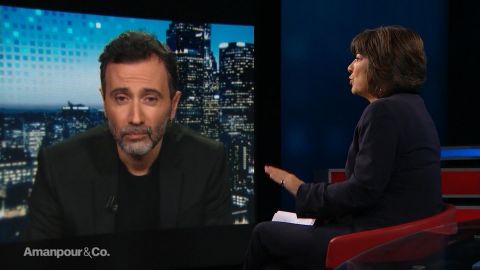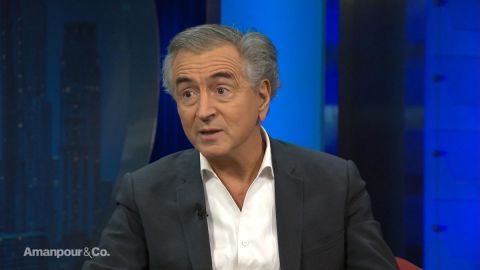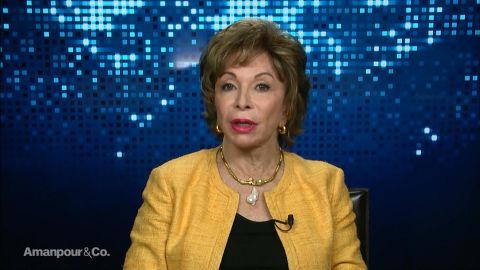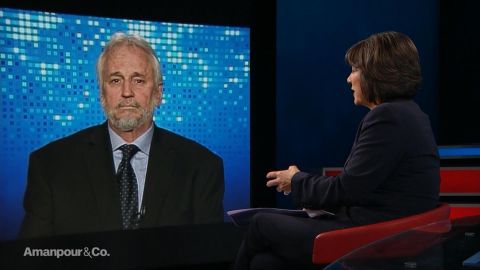Read Transcript EXPAND
CHRISTIANE AMANPOUR: Tell us just how long do you think this standoff can continue and are you surprised that it’s continued this long?
MIGUEL TINKER: No, I’m not surprised. I think the opposition overestimated their support and they underestimated the extent to which the military and still subsectors within Venezuelan society had supported and would continue to support Maduro. Not because they weren’t critical of Maduro, but because they were supportive of the political process that began under Hugo Chavez, and that promise change and reform in their country. So, in that sense, I think what happened was the opposition saw their project as something immediate, it would happen within 24 hours, 48 hours. Similar to what we heard about in Iraq, and that has not happened because, again, we’re in a situation where they have a very different view of the country that I think that we’re seeing in practice.
AMANPOUR: So, Professor, then, are you saying it was wrong to take a gamble on the opposition, that perhaps they do not have as much internal support as people hope, people outside hope they might?
TINKER: I think — what I would criticize is an effort to internationalize the crisis in a way that really makes the crisis internal to Venezuela, something the Venezuelans need to be resolving. What I would propose and I think is critical is what the U.N. has proposed, what Uruguay and Mexico has proposed, and that is negotiations. There is no way that this will be resolved simply with military might or with spectacular incidents or actions or the theater of the absurd at the border with dueling concerts. What really needs to happen is a conversation about how the political culture can be constructed, how there could be an understanding and how there could be a negotiated settlement to the process in Venezuela. Because the reality is that Venezuela has changed. The Chaviastas are not going away, the opposition is not going away and there must be some level of dialogue for this to go forward. There can’t just be an all or nothing strategy of vanquishing the enemy and we are, therefore, dominant.
AMANPOUR: So, do you see any avenue for that dialogue? I mean, we did hear at the beginning sort of mutterings even from both sides that there should be some kind of dialogue, that this was not going to be resolved by shootings on the streets or by international intervention. All sides have rejected intervention as far as I can gather. Do you see any opening for dialogue?
TINKER: There is an opening for dialogue. There were meetings in Uruguay and Montevideo in which Mexico, Bolivia, Uruguay participated, the European Union sent a delegation, the group of contact, I think it’s important to give that process an opportunity to develop. Because I keep insisting, long-term, unless that process can unfold
About This Episode EXPAND
Christiane Amanpour speaks with historian Miguel Tinker Salas and novelist Isabel Allende about the crisis in Venezuela; and Talal Derki about his film “Of Fathers and Sons.” Hari Sreenivasan speaks with philosopher Bernard-Henri Levy about America’s abdication of its traditional leadership role.
LEARN MORE



